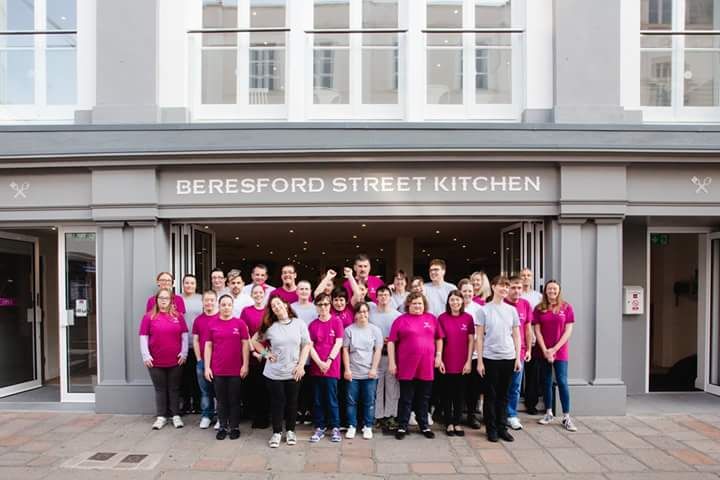
No Content Set
Exception:
Website.Models.ViewModels.Components.General.Banners.BannerComponentVm
-
Starting up
- First things first
- Getting prepared
- Getting the formalities ready
- Guides & checklists
-
Operations
- Productivity Hub
- Marketing
-
Technology & data protection
- Cyber security
- Cyber essentials
- Data protection definitions
- Data Protection for SMEs
- Data Protection – Frequently asked questions
- Data Protection Registration
- GDPR – A risk based approach to compliance
- GDPR - What will it mean for your business?
- Incoming Threats
- Keep your business safe online
- Systems that support your business
- Systems and Hardware
- Your online behaviour
- Premises & insurance
- Local services providers
- Planning Hub
- Finance
-
Growth
-
Importing & exporting
-
Exporting
- Are you ready to export?
- Getting started in export
- Develop your export plan
- Researching your export markets
- Exporting from Jersey
- Route to your export market
- Logistics of exporting
- Delivering great customer service overseas
- International payments and contracts
- Exporting to the USA
- How to visit international markets
- Doing business with India
- Import/Export focus groups
- Importing goods into Jersey
- Marketing internationally
-
Exporting
- Programmes
-
Importing & exporting
- People
- Guides
- Case Studies
- Better Business Grant
- Events
- News
- Team
- About Us
- Contact Us
Starting up
You're thinking of starting up your business in Jersey which is the first step in turning a good idea into a commercial opportunity. Find out more
Getting the formalities ready
Types of trading entity
Starting up as a sole trader or partnership in Jersey
Setting up a limited company in Jersey
Setting up in Jersey as a non-resident
Setting up a catering business
Starting a mobile catering business in Jersey
Setting up as a bookkeeper or accountant
Operations
Running your business operations as smoothly as possible for maximum efficiency gives an instant boost to your bottom line. Find out more
Productivity Hub
Marketing
Technology & data protection
Premises & insurance
Local services providers
Planning Hub
Productivity Hub
SEE Enterprise Pathway Pilot
Productivity Support Scheme Grant
Business performance
GVA Calculator (Gross Value Added)
Technology & data protection
Cyber security
Cyber essentials
Data protection definitions
Data Protection for SMEs
Data Protection – Frequently asked questions
Data Protection Registration
GDPR – A risk based approach to compliance
GDPR - What will it mean for your business?
Incoming Threats
Keep your business safe online
Systems that support your business
Systems and Hardware
Your online behaviour
Finance
A clear financial plan and understanding of your finances is key to the success or failure of a business. Find out more
Managing finances
Raising funds
Free business health check
Funding opportunities to boost your productivity
Growth
Whether you're expanding, venturing into exports, or enhancing skills, businesses must move forward or risk falling behind. Find out more
Importing & exporting
Programmes





